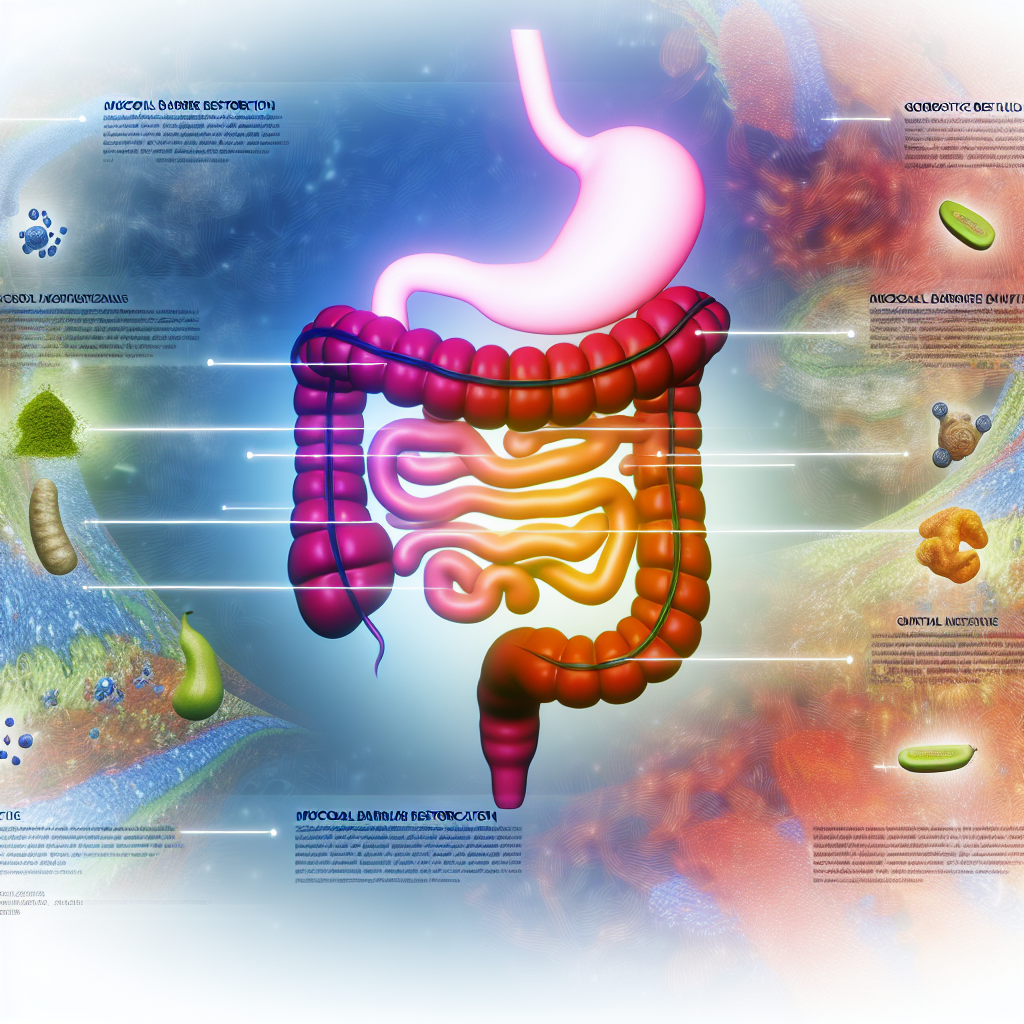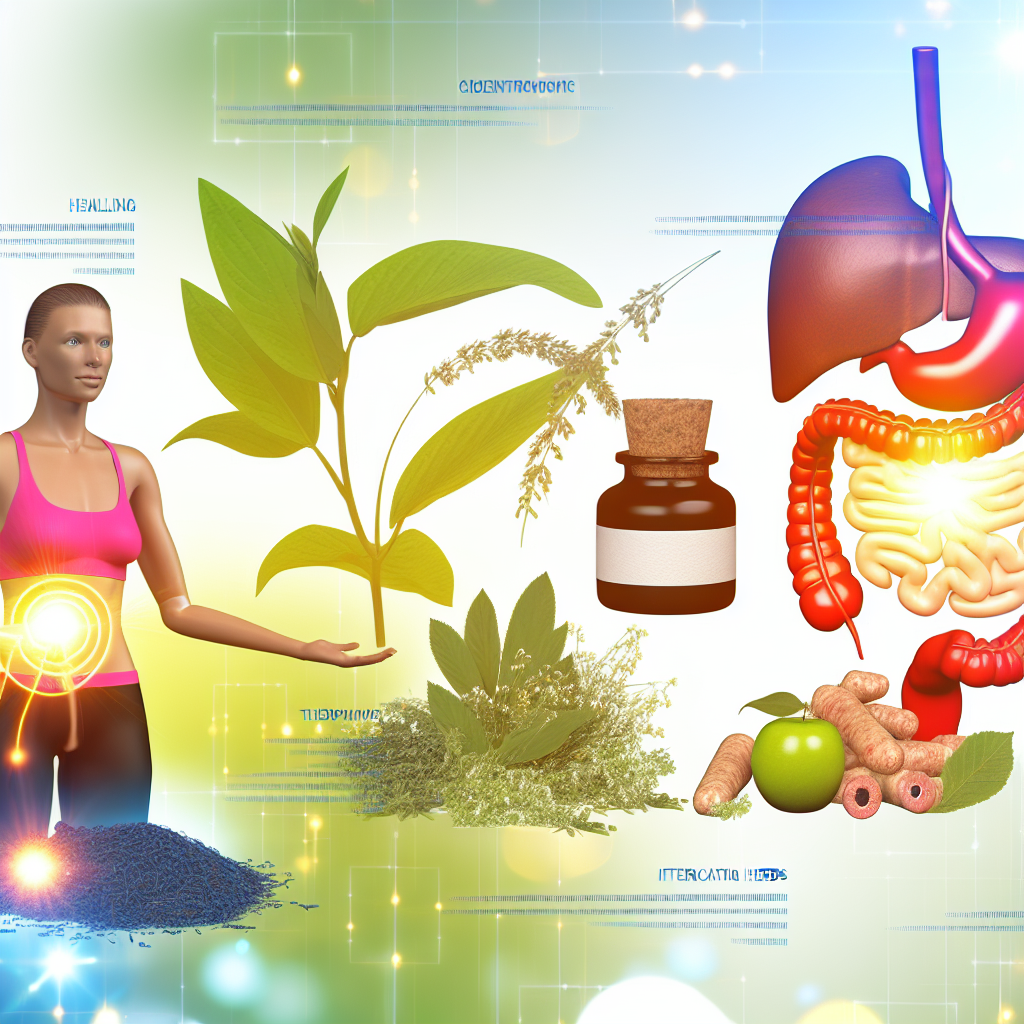Introduction to Plant-Based Diet Transition
Embarking on a plant-based journey as a vegan or vegetarian is an empowering decision for health, ethics, or environmental sustainability. Rich in fruits, vegetables, legumes, and whole grains, these diets provide a wealth of nutrients and health benefits, including lower risks of heart disease, type 2 diabetes, and certain cancers. However, the transition often brings significant dietary changes that can challenge the digestive system, especially for beginners.
Common Digestive Challenges
Common issues such as bloating, gas, and changes in bowel habits can make this dietary shift daunting. These challenges often stem from an increased intake of fiber, new plant-based proteins, or fermentable carbohydrates (FODMAPs). The good news is that most of these issues are temporary and manageable with the right strategies.
Purpose of the Guide
This article provides a beginner-friendly guide to understanding and managing digestive challenges while transitioning to a plant-based diet. Drawing on current medical research and practical advice, it aims to equip newcomers with the tools to thrive on a plant-based lifestyle with minimal discomfort.
Fiber Adaptation Challenge
Fiber is a cornerstone of plant-based diets, promoting satiety, gut health, and regular bowel movements. However, for those accustomed to low-fiber diets, the sudden introduction of large amounts can overwhelm the digestive system.
Research on Fiber Adaptation
Research Insights: A study in Nutrients (2021) emphasizes that the gut microbiome needs time to adapt to a high-fiber diet. Initial bloating and gas are common as gut bacteria adjust to the influx of fiber (Smith et al., 2021).
Fiber Adaptation Strategies
Strategies:
• Slow Progression: Introduce high-fiber foods gradually over weeks rather than days.
• Hydration Focus: Drink plenty of water to aid fiber’s movement through the digestive tract.
• Soluble Fiber First: Begin with easily digestible fibers found in foods like oats, apples, and sweet potatoes before adding insoluble fibers.
Plant-Based Protein Challenges
Proteins such as legumes, nuts, and seeds are excellent meat alternatives but may cause bloating or discomfort due to their fiber and oligosaccharide content.
Protein Research Insights
Research Insights: Findings in the Journal of Functional Foods (2020) reveal that enzymatic supplements containing alpha-galactosidase help break down oligosaccharides, reducing digestive discomfort (Miller et al., 2020).
Protein Adaptation Strategies
Strategies:
• Preparation Matters: Soak beans and lentils overnight and cook them thoroughly to reduce hard-to-digest components.
• Explore Alternatives: Use tofu, tempeh, or pea protein-based products as gentler protein options.
• Enzymatic Support: Consider enzyme supplements for better tolerance.
FODMAP Sensitivity Overview
FODMAPs, naturally occurring in many plant-based foods, are fermentable carbohydrates that can cause bloating, gas, or diarrhea. Foods like garlic, onions, and certain legumes are particularly high in FODMAPs.
FODMAP Research Findings
Research Insights: A randomized trial published in Gastroenterology (2021) confirmed that a low-FODMAP diet can alleviate symptoms in individuals with sensitivities or conditions like irritable bowel syndrome (Johnson et al., 2021).
FODMAP Management Strategies
Strategies:
• Identify Triggers: Keep a food diary to pinpoint high-FODMAP foods that cause discomfort.
• Temporary Reduction: Eliminate high-FODMAP foods temporarily, then reintroduce them gradually to gauge tolerance.
• FODMAP-Friendly Substitutes: Use garlic-infused oil instead of fresh garlic or choose canned, rinsed legumes.
Gut Microbiome Adaptation
As the composition of your diet changes, so does your gut microbiome. This shift can initially result in bloating or irregular bowel movements, but these changes are usually beneficial long-term.
Microbiome Research Insights
Research Insights: A study in The American Journal of Clinical Nutrition (2020) found that probiotics and prebiotics can ease the transition by supporting gut health and microbial balance (Anderson et al., 2020).
Microbiome Support Strategies
Strategies:
• Probiotic Boost: Incorporate fermented foods such as yogurt alternatives, kimchi, or kombucha to introduce beneficial bacteria.
• Prebiotic Foods: Add foods like bananas, asparagus, and garlic (if tolerated) to feed healthy gut bacteria.
• Patience is Key: Allow time for your gut to adjust to the new diet.
Final Thoughts
Transitioning to a plant-based diet is an exciting and rewarding journey, but it may come with temporary digestive hurdles. By understanding the common challenges—such as increased fiber, plant-based protein digestion, and FODMAP sensitivities—and implementing gradual dietary changes, beginners can navigate this transition smoothly.
Individual Adaptation Note
It’s important to remember that each individual’s digestive system adapts differently. Monitoring your body’s responses and seeking medical advice for persistent issues can ensure a successful and enjoyable shift to vegan or vegetarian eating. Armed with knowledge and patience, you can fully embrace the benefits of a plant-based lifestyle while supporting your digestive health.
References
Smith, J. et al. (2021). “Adaptation of Gut Microbiota to High-Fiber Diets.” Nutrients. Link
Miller, R. & Green, T. (2020). “Digestive Enzymes and Plant-Based Proteins.” Journal of Functional Foods. Link
Johnson, A. et al. (2021). “Low-FODMAP Diet for IBS and Digestive Sensitivities.” Gastroenterology. Link





